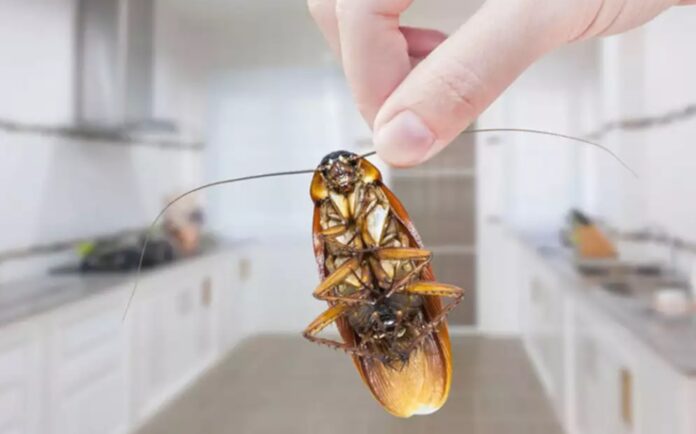Pests can be a nuisance in your home and garden. While some insects are beneficial to the health of your soil and plant life, these tiny crawly creatures can become destructive if they assemble in large numbers.
Despite looming property damage and potential for disease, the good news is that it’s possible to keep pests away from your residence. While many homeowners question the validity of chemical-based pest control methods such as pest sprays, repellants, and baits, the truth is that they can be tremendously useful if handled with care. Other natural alternatives for pest control include the use of essential oils and non-toxic household cleaning products.
Are you struggling to control these unwanted visitors and divert them away from your Virginia-based property? Here’s a list of the most common pests in the northern areas of Virginia and tips for keeping them away. If you’d prefer to leave pest control in the hands of the experts, check out this helpful resource to locate the top pest control experts in your area.
1. Mosquitoes
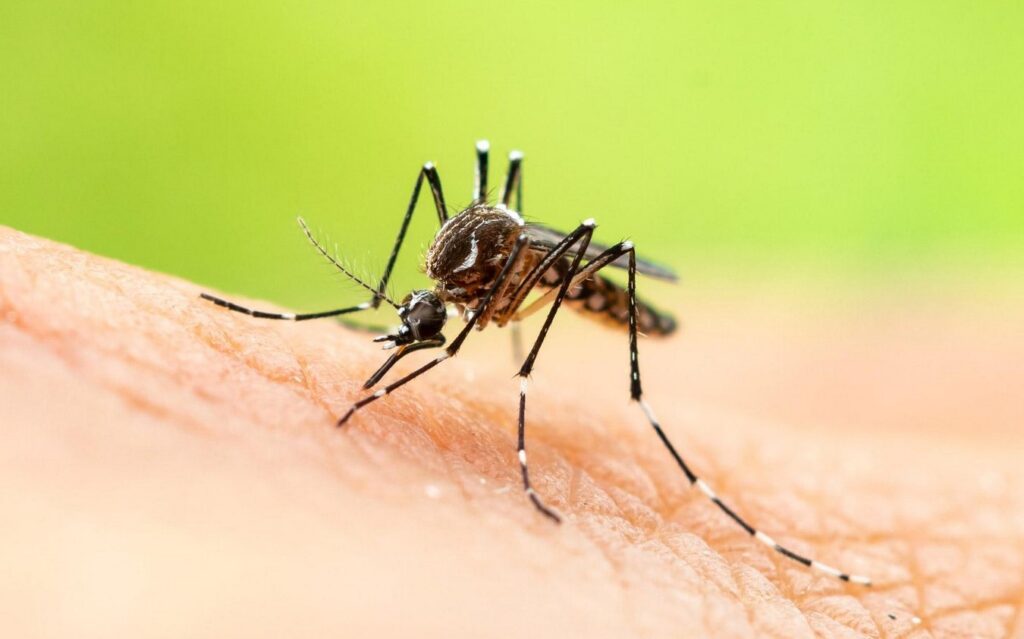
Mosquitos are known to feed on human and animal blood through small bites. Male mosquitos feed on nectar, while the female usually depends on blood to produce eggs that can hatch into baby mosquitos.
These pests are usually active from sunset until dawn. However, other species of mosquitos are known to feed during the day. Mosquitos are considered some of the most dangerous pests in northern areas of Virginia, due to their ability to transmit deadly diseases to people and animals.
How to deal with mosquito problems
The use of repellants can help prevent mosquito-borne diseases. The most effective pesticides on the market contain picaridin, DEET, or PMD, which are safe-for-use when used the right way.
However, the success of these products will vary, so it pays to recruit professional help. If you’d like to avoid paying for professional services, you can remove any stagnant water around your home as a preventative measure.
As part of your pest control strategy, note that mosquitos can breed in your home for about 14 days, so you should get rid of any standing water to discourage breeding. Another method is to keep mosquitos confined to the outdoors is to install window screens, air conditioning, and a mosquito net. Lastly, limit your exposure by staying inside during dusk and dawn when mosquitos can swarm.
2. Fleas
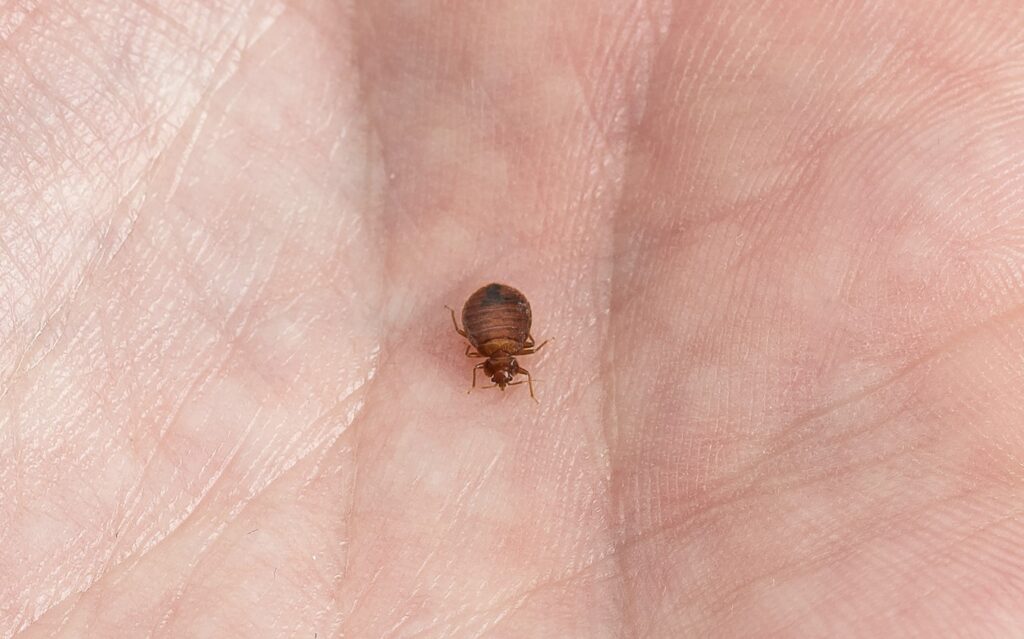
If you have pets in your home, having your dog diagnosed with a flea infestation can be a worst-case scenario. Typically, fleas are tiny, wingless parasites that feed on warm-blooded animals such as dogs, humans, and cats. The body of a flea is designed to support their blood-sucking habits. This pest possesses sharp spikes surrounding the head with a sharp mouth for piercing the host’s skin.
Spotting these pests with the human eye is nearly impossible due to their small size. However, if you notice your pet scratching, chances are fleas have already latched on to the surface of your pet’s skin.
How to get rid of fleas
You can minimize the risk of invasion of these tiny insects by applying household sprays regularly. To avoid an infestation, you should also wash your pet’s bedding using hot water to remove any flea eggs deeply embedded in the fabric fibers. To prevent flea infestations, your pets should undergo flea treatment on a routine basis. Experts recommend treating your pets for fleas every few weeks.
3. Earwigs
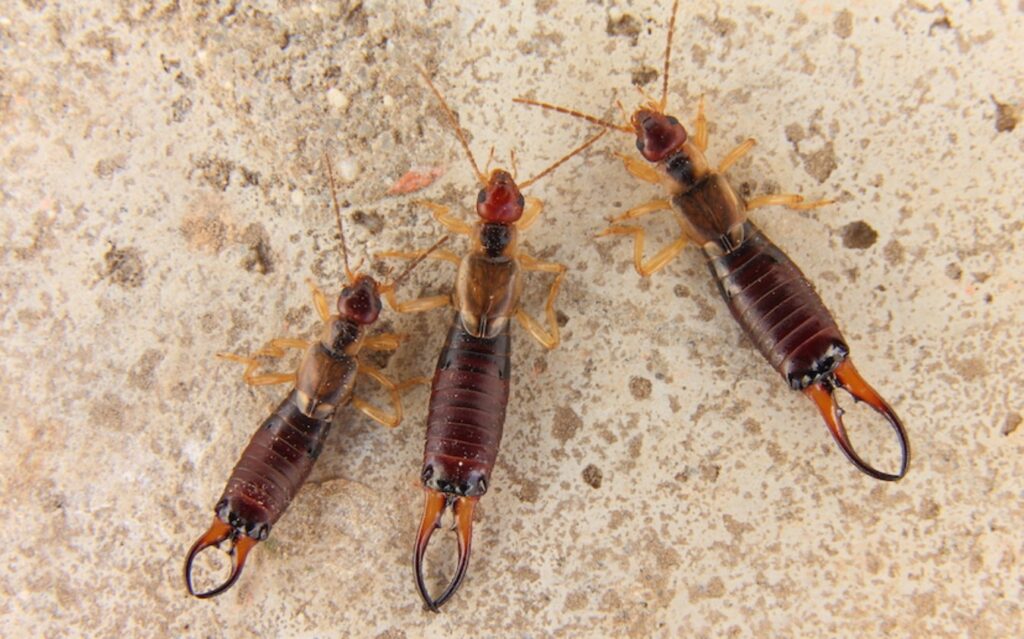
Earwigs are medium-sized pests characterized by flat bodies. These creepy insects come in black and brown varieties and usually feed on other insects and vegetation, including fungi, lichens, and moss. Earwigs prefer to consume decaying organic matter and greasy food items.
Though these pests are built with a pair of wings, they seldom fly. Because these earwigs are known to flourish in dark areas, they’ll often seek refuge under vegetation, rocks, or in household crevices.
How to get rid of earwigs
You can use natural remedies to avert earwigs infesting your living spaces. Alcohol and water spray can repel these potentially life-threatening pests. Mix equal parts of water and Isopropyl Alcohol 70% and apply the solution to the frames of your windows, any plants sprouting in your garden, and existing flower beds on your property. You can also use Neem oil or insecticidal soap to seal off their breathing system.
4. Rodents
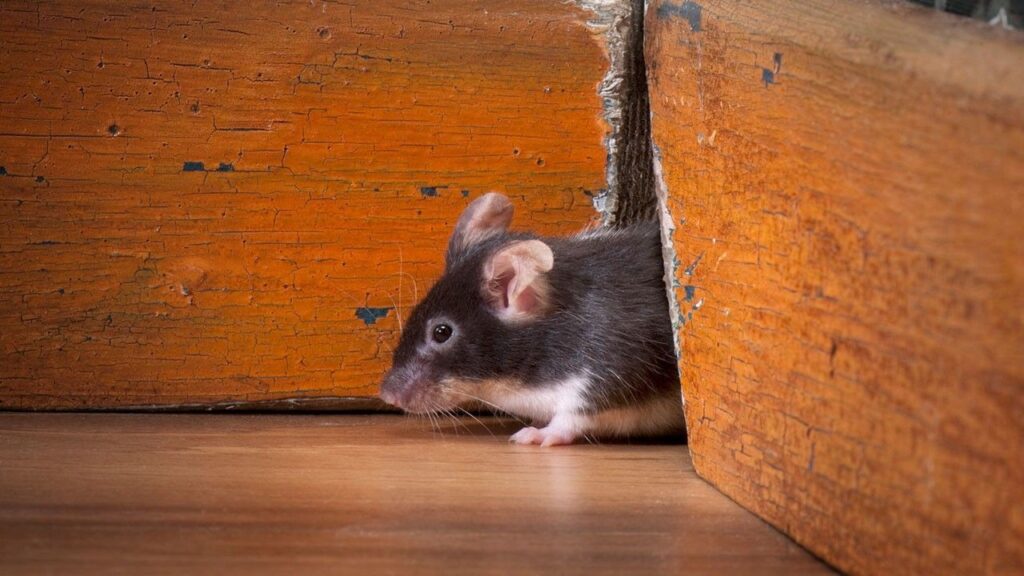
Mice, hamsters, porcupines, rats, and squirrels are all examples of rodents. These types of pests are characterized by sharp oversize canines for gnawing and chewing on a wide range of items accessible to them. For this reason, rodents can inflict damage to your property and personal belongings.
How to deal with rodents
Start by eliminating potential rodent entry points. Installing mousetraps around your home can also help ward off rodents. By removing debris, dismantling hideouts around your home, and strategically placing mousetraps in hotspot areas, you can keep your home rodent-free.
5. Termites
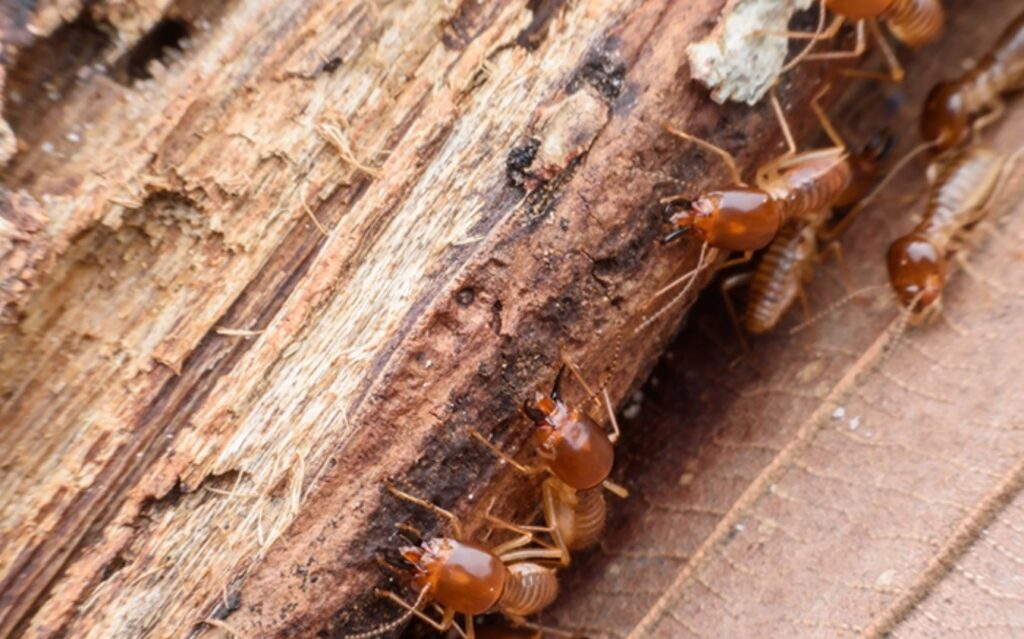
Termites, also known as the silent destroyers, usually exist in large groups called colonies. A defining characteristic of these household pests is their unending appetite. With this insatiable appetite, these pests can snack day-and-night on your home’s support structures. Termites come in several species that can stir thousands of dollars in property damages if they invade your property.
How to prevent termites
Applying a pesticide spray can repel the termites. Ensure you maintain a distance between wood and soil in the structures around your home. To prevent termite infestations, you’ll need to check for any signs of decay or leaks in your home, as they encourage termite invasions.
6. Cockroaches
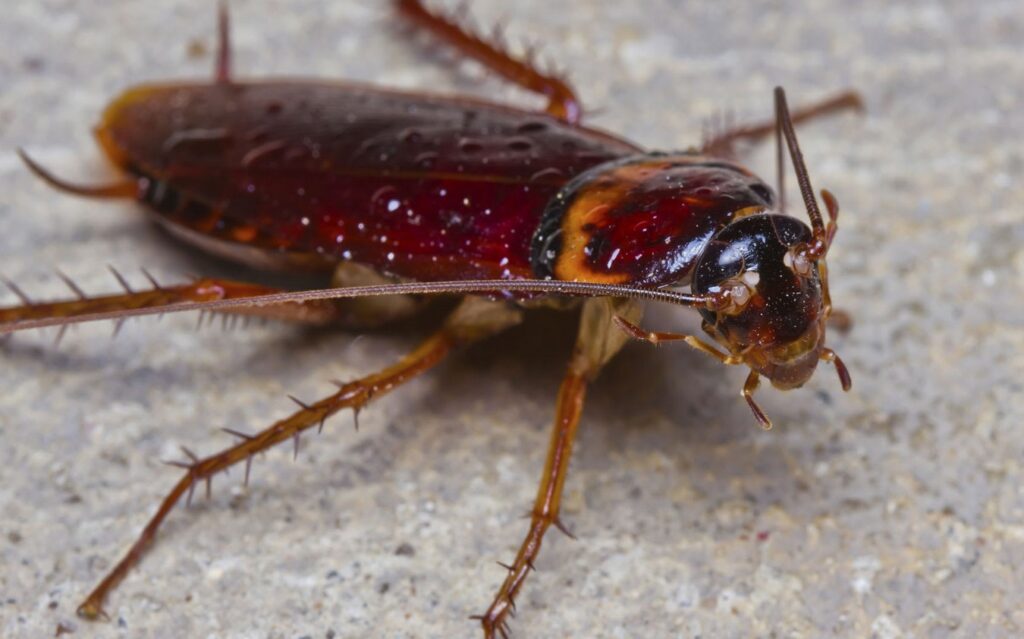
Cockroaches are common pests in many homes, especially those homes located in northern areas of Virginia. These pests are known to be active at night and feed on food leftovers in the kitchen. Cockroaches also have a strong preference for food storage areas, sewers, drains, and garbage bins.
Unlike other pests, cockroaches are particularly dangerous, as they aggravate allergies and are said to be carriers of bacterial diseases such as cholera or gastrointestinal symptoms such as diarrhea. These pests are particularly annoying due to their bad smell and their ability to spread bacteria, which can negatively impact your home’s hygiene.
How to deal with cockroaches
Cockroaches are usually attracted to dirt, so keeping your home clean is the best way to repel these household nuisances. You can also use boric acid or liquid concentrates specifically designed for cockroaches if routine cleaning doesn’t suffice.
7. Silverfish
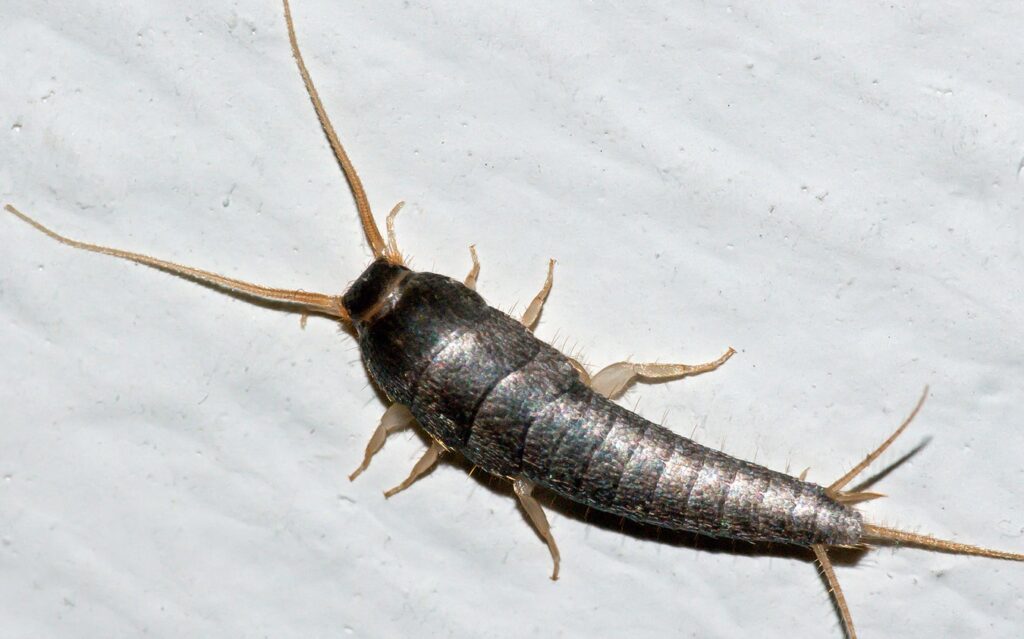
Silverfish are ancient and nocturnal insects that can terrorize your home. While they aren’t harmful to your home’s residents, the sight of these insects can induce fear. Along with stirring feelings of anxiety, silverfish can also cause allergic reactions when they shed their skin throughout their adulthood.
Carbohydrates and sugars such as cereals, wallpaper, books, and select types of clothing attract these household pets. To avoid infestation, scrape leftover food morsels into the garbage bin and store cardboard boxes in out-of-reach shelving units.
How to keep silverfish out of your home
Ventilating your home can help keep silverfish away. Dusting your home regularly and locking dry food in sealed containers can also prevent silverfish infestations.
8. Spiders
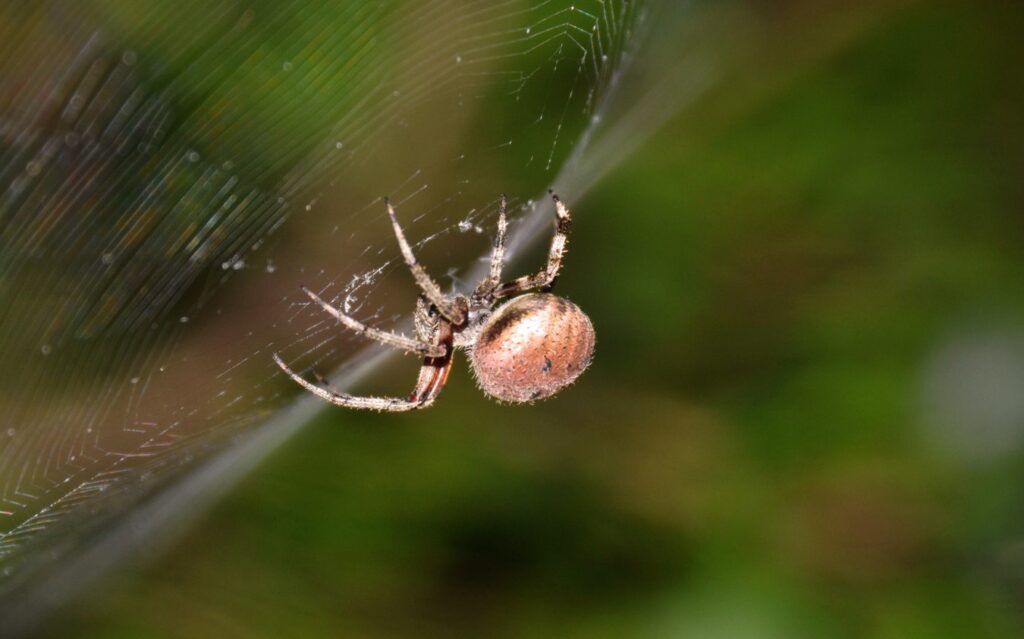
Spiders belong to the class of arthropods like mites, scorpions, and ticks. Although most of the spider species are considered harmless, a few species of spiders can bite humans and poison their human victims.
The cob-weaving spider, wolf spider, jumping spider, and other species found in your Virginia-based home won’t bite unless provoked. Other than these few instances of self-defense, the spiders around your home will only impact your home’s appearance. Clear away existing webs dangling in these dark corners to boost the aesthetic appeal of your home.
How to get rid of spiders
Keeping your home clean can keep spiders away. Vinegar sprays and essential oils are also a good alternative to harsh chemical treatments.
9. Ants
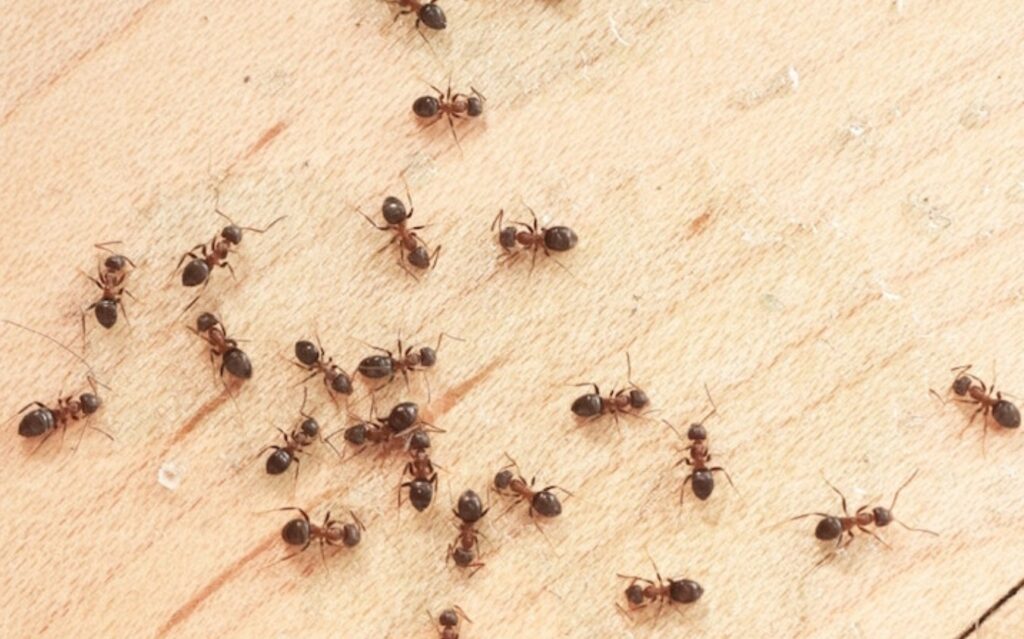
Ants are some of the most common social pests in the world. These household pests belong to the Formicidae family, much like wasps and bees. Ants are known to work in groups called colonies. In most cases, ants are not harmful to the human residents of your home but can damage your plants if they infiltrate the roots. These ants can also cause bald patches in your backyard, thus preventing the grass from sprouting and maintaining good health.
How to control ants
Use lemon juice to destroy ant scent trails. Planting mint along the perimeter of your home can also be an effective pest control strategy. If these methods aren’t successful, you can also use black pepper or cayenne peppers sprays. If the condition persists, consider calling a pest control professional for help.
Conclusion
Don’t allow your home to be terrorized by pesky intruders. Assert your dominance and implement pest control methods targeted towards the pests indigenous to the northern areas of Virginia.

